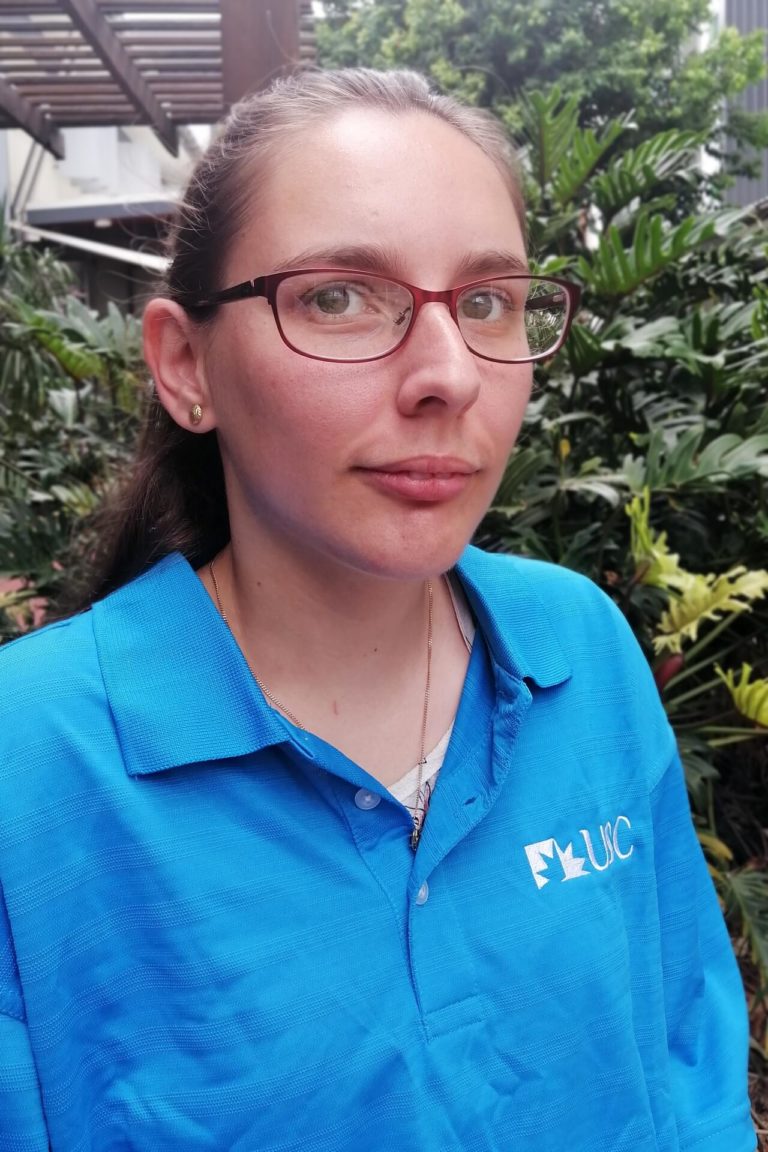
Aquaculture of decapod crustaceans is one of the fastest growing food producing sectors, however it is dominated by only a handful of marine prawns, leaving the industry vulnerable. Diversifying cultured species is important for improving the sustainability and production output of the industry. Currently, there is a significant knowledge gap of the molecular pathways of decapod species. Exploring the molecular pathways of decapods, including species of prawn and lobster, may provide novel insights into the processes occurring within important aquaculture species and improve the understanding of decapod physiology to better inform culture practices. The aim of this research is to broaden the understanding of decapod physiology through the use of bioinformatics tools.
Investigating the molecular pathways associated with nutrition and metabolism can provide novel insights into important genes. Analysing the genes associated with nutrition in decapods will broaden the understanding of the nutritional requirements and metabolic capabilities of commercially important aquaculture species. Examining gene expression across decapod crustaceans may highlight important genes of interest associated with nutrition and digestion that can be manipulated for improved production. The ornate spiny lobster, Panulirus ornatus, is an important aquaculture species, but it has limited genetic resources available. Previously, a transcriptome has been established for 12 metamorphic life stages as well as 46 tissues from juvenile and adult P. ornatus. The first aim of this research is to establish a transcriptome for the embryo stages of P. ornatus. This will broaden the resources available and provide a holistic overview of gene expression of this important aquaculture species.
Gene expression studies for P. ornatus will be improved with the addition of an embryo transcriptome. A key research area important for aquaculture is nutrition. The nutritional requirements of P. ornatus are challenging due to the multiple distinct life stages with individual nutrient requirements. To improve the knowledge of spiny lobster nutrition, digestion-related genes will be investigated across the life stages and tissues of P. ornatus. It is likely that the digestive enzymes and associated genes will fluctuate across the life stages. An important gene family for decapod crustaceans is cytochrome P450s (CYP450s). Characterising the CYP450 repertoire of P. ornatus is likely to identify key genes of interest as CYP450s are known to regulate pathways of growth, development and reproduction. It is likely that uncovering the CYP450 repertoire will identify key CYP450 enzymes that may benefit industry.
The improved database will allow the characterisation of a variety of gene families to be mapped across the life stages and tissues of P. ornatus. Investigating genes associated with digestion and nutrition pathways may provide novel insights into the important of certain nutrient inclusions for an optimised artificial diet and may allow for the selection of animals with optimal digestion capabilities to improve the cost-efficiency of culturing these animals.